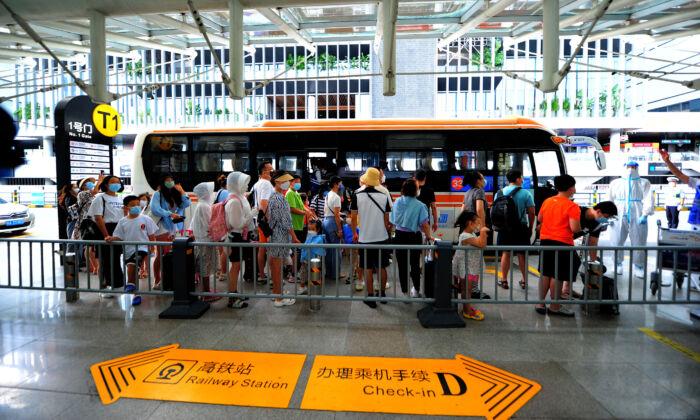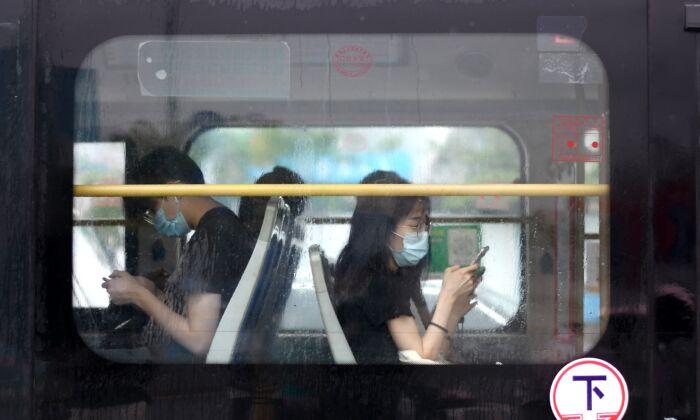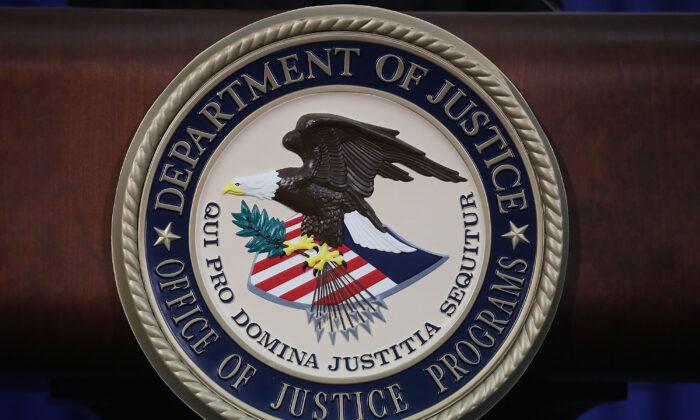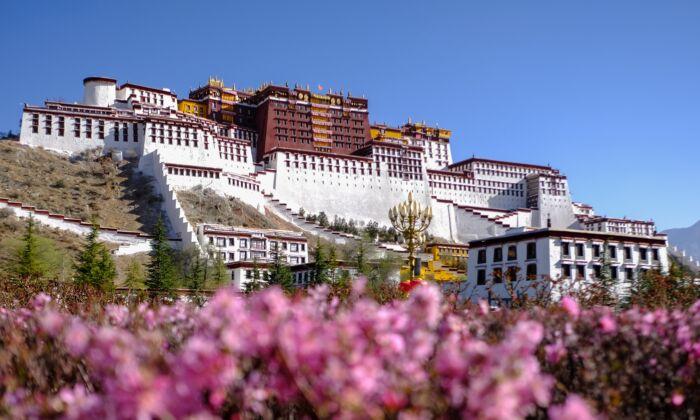As the pro-establishment and pro-democracy camps within Hong Kong’s legislature continue to battle over an extradition bill that would allow any individual to be extradited to China for criminal prosecution, the Hong Kong government announced that it would quicken the legislative process to bring the bill to a vote.
Meanwhile, China commentators have begun speculating whether factional infighting could be at play.
A Political Battle
Since Hong Kong government first announced plans to amend the Fugitive Offenders Ordinance and the Mutual Legal Assistance in Criminal Matters Ordinance, collectively referred to as extradition amendments, back in February, Hong Kong people have voiced strong opposition.The amendments would allow criminal suspects from any region—including mainland China—to seek extradition without the Legislative Council (LegCo) signing off on the requests. The head of the city’s government, the chief executive, would be able to approve the extradition requests directly.
On April 28, over 130,000 Hong Kongers flooded the streets to oppose this legislation. The parade was one of the biggest protests since the Umbrella pro-democracy movement in 2014.
Chief executive Carrie Lam restated on May 21 that she intended for the legislation to pass the LegCo before its July break.
She said that the Hong Kong government would bypass legislative procedure to expedite the passage of amendments. The bill will now be directly sent to the full legislature on June 12 for a second reading.
“The most serious issue is that we couldn’t see a way forward, how to break this deadlock other than to force me to scrap this bill, but this is unrealistic,” she told reporters on Tuesday.
Opponents had disrupted a succession of legislative sessions meant to scrutinize the bill, with brawls breaking out in the LegCo.
LegCo members are divided into two groups: the pro-establishment and pro-democracy camps. The former has 43 members, who generally support Beijing’s proposals. The pro-democracy camp has 26 members. One member is a centrist.
The two camps tried to hold separate hearings on the bill earlier this month, with the democrats saying that the pro-China lawmakers breached rules in forming their own committee to try and ram through the legislation.
Party Infighting
A source close to Hong Kong Liaison Office, the representative office of Beijing in Hong Kong, told the Chinese-language Epoch Times in a recent interview: “It is a political task that the [Beijing] central government has commanded Carrie Lam, the chief executive, to do.”The insider, who wished to remain anonymous, outlined four reasons why the Chinese regime wants the extradition laws changed: as a measure to respond to changes in U.S. policy toward China; to target and charge groups that the Chinese regime deems “hostile forces”; force mainland Chinese activists who strongly oppose the Chinese Communist Party (CCP) and have sought refuge in Hong Kong to leave the city; and threaten Hong Kong pro-democracy activists into taking a more “moderate” route.
Ji Da, a U.S.-based political commentator, told the Chinese-language Epoch Times on May 3 that Hong Kong used to be controlled by a CCP faction loyal to former paramount leader Jiang Zemin. Since current leader Xi Jinping came to power in 2012, he has utilized an anti-corruption campaign to purge the Party of Jiang loyalists.
Many top Jiang faction officials have since been sacked, but there continues to be factional infighting between the two camps, with the Jiang faction hoping to usurp power from the current leadership.
Han Zheng, the current director of the CCP’s China Central Coordination Group for Hong Kong and Macau Affairs, is an official aligned with the Jiang faction. The group is the highest authority to supervise and coordinate Beijing’s policies towards Hong Kong and Macau.
Han succeeded the post from Zhang Dejiang, who retired in 2018. Zhang is a key figure within the Jiang faction.
Zhang Xiaoming (no relation), the coordination group’s current office manager, is also a Jiang faction official. He had previously served as director of the Hong Kong Liaison Office from 2012 to 2017.
“Their [Jiang faction] purpose is stimulating people’s grievances, tearing apart Hong Kong society, and seize power from Xi during the crisis,” Ji said.
Hong Kong political magazine Chengming reported back in June 2013 that after Xi officially became CCP leader in March 2013, another top Jiang faction official (who has since retired from politics) Zeng Qinghong had told officials in Hong Kong and Macau: “Hong Kong should have political chaos. The key point is seizing the power… the more chaotic, the easier to achieve [the seizing].”
US Supports an Open Hong Kong
Kurt Tong, the U.S. Consul General to Hong Kong and Macau, expressed his concerns about the extradition proposals’ potential effect on the United States’ relationship with the city.“The concern for the U.S. is if the distinctions between Hong Kong and mainland are blurred, and the ‘one country, two systems’ framework is less clear, then maybe there would need to be adjustments in U.S. policy,” Tong said in an interview with Radio Television Hong Kong (RTHK) on May 4.
Kurt Tong added that if Hong Kong’s autonomy is further eroded, companies may no longer want to do business in the city and foreign investment may suffer.
“The recent situation in Hong Kong has given the international business community a bit of a pause in terms of thinking about Hong Kong,” Tong said.
Reuters contributed to this report.





